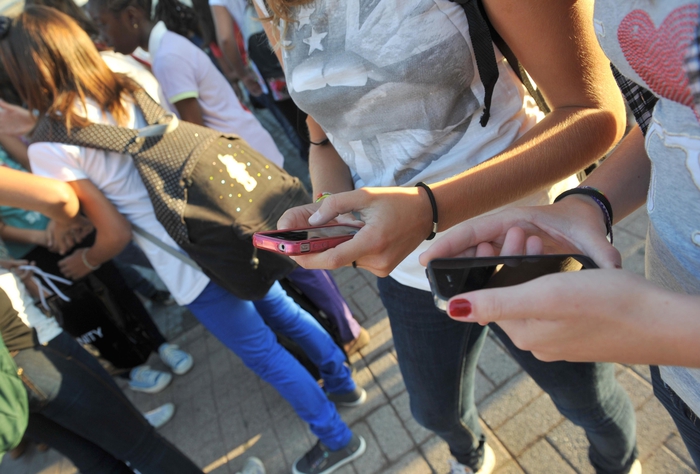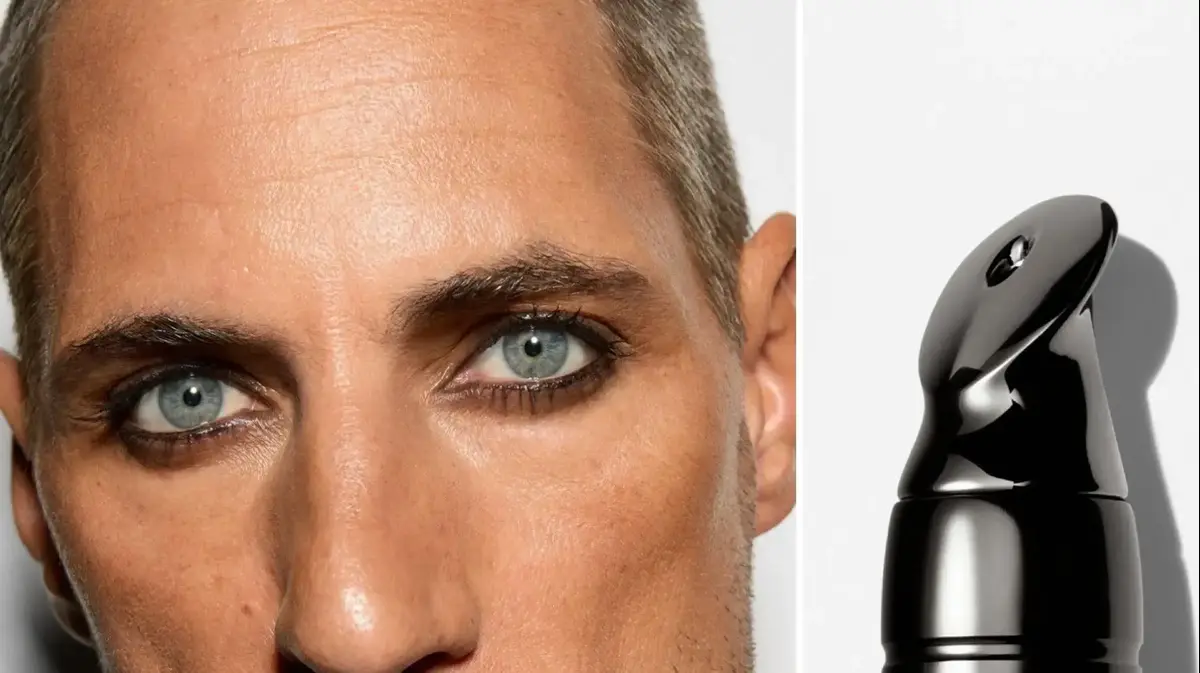Almost half of the boys, 49.2%, declare that they edit the photos they want to publish on social networks.
It is one of the data that emerges from the preliminary survey of the SatisFACE project of the Vita-Salute San Raffaele University and Cussb (University Center of Statistics for Biomedical Sciences), which aims to explore the theme of the digital image with a research focused on the face.
The pilot study was conducted on 120 12 to 16 year olds.
The analysis shows that the social networks most used by very young people are WhatsApp (92.5%), Tiktok (88.3%), Instagram (76.7%) and YouTube (75%).
65.9% say they spend up to 4 hours (37.5%, 2 to 4 hours).
More time on social media - experts say - equals greater anxiety about physical appearance and more frequent manipulation of photos: only 25.4% are satisfied with the first shot, 36.8% say they delete 2-5 selfies among those taken.
Manipulation is mostly about altering physical characteristics and using fun interactive filters.
Students then express concerns about the inappropriate use of photos shared on social media, which can be "tampered with/retouched"
or used for purposes other than the initial ones (web-related anxiety) and are aware of the risks of sharing.
With reference to the "digital-self", the experts note that "depression and anxiety from appearance are greater the lower the perception of one's own body image and the higher the photographic manipulation and control over the body image".
"We have detected a considerable interest from students and teachers in such a complex topic as that of the use of digital technologies and the relationship with one's image - explains the project coordinator Chiara Brombin - Perceivable interest also in parents, perhaps the most in difficulty in following the consequences of the rapid evolution of the psychological mechanisms generated by the use of digital technology on one's own children.The project has a scientific purpose with immediate 'practical' repercussions: to promote digital well-being in adolescents and raise awareness of the potential risks of manipulation and mystification of the digital self".


/cloudfront-eu-central-1.images.arcpublishing.com/prisa/56U4ECEFCRDAFOPWRKT642I7WI.jpg)












